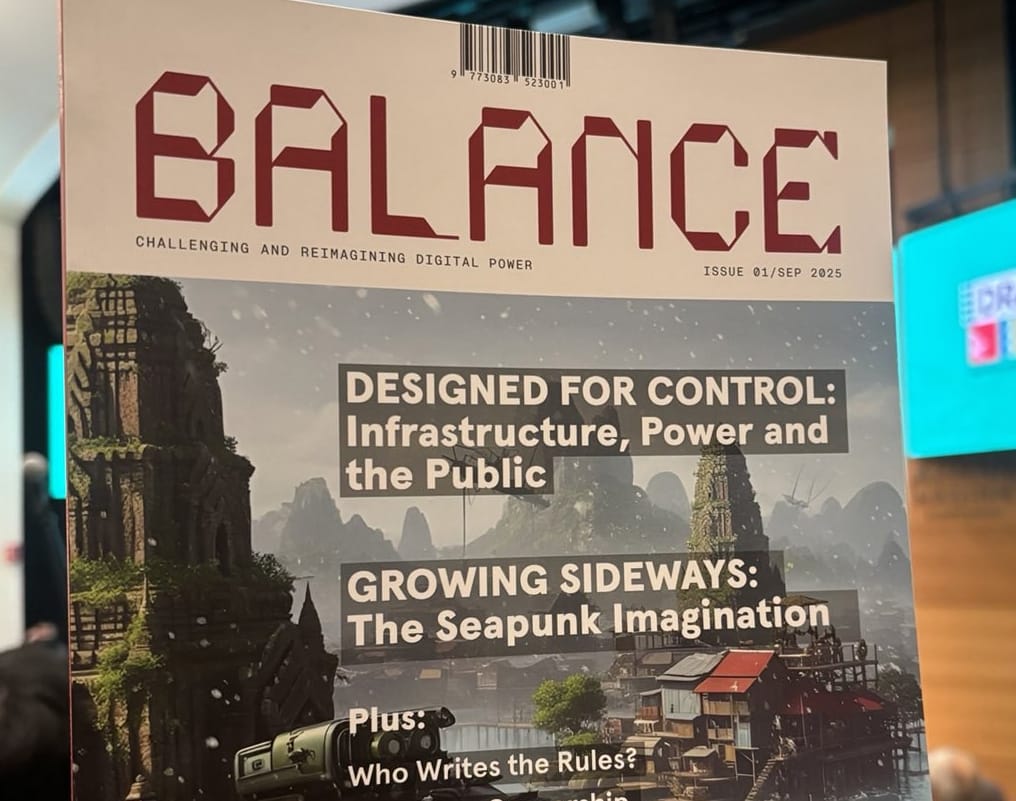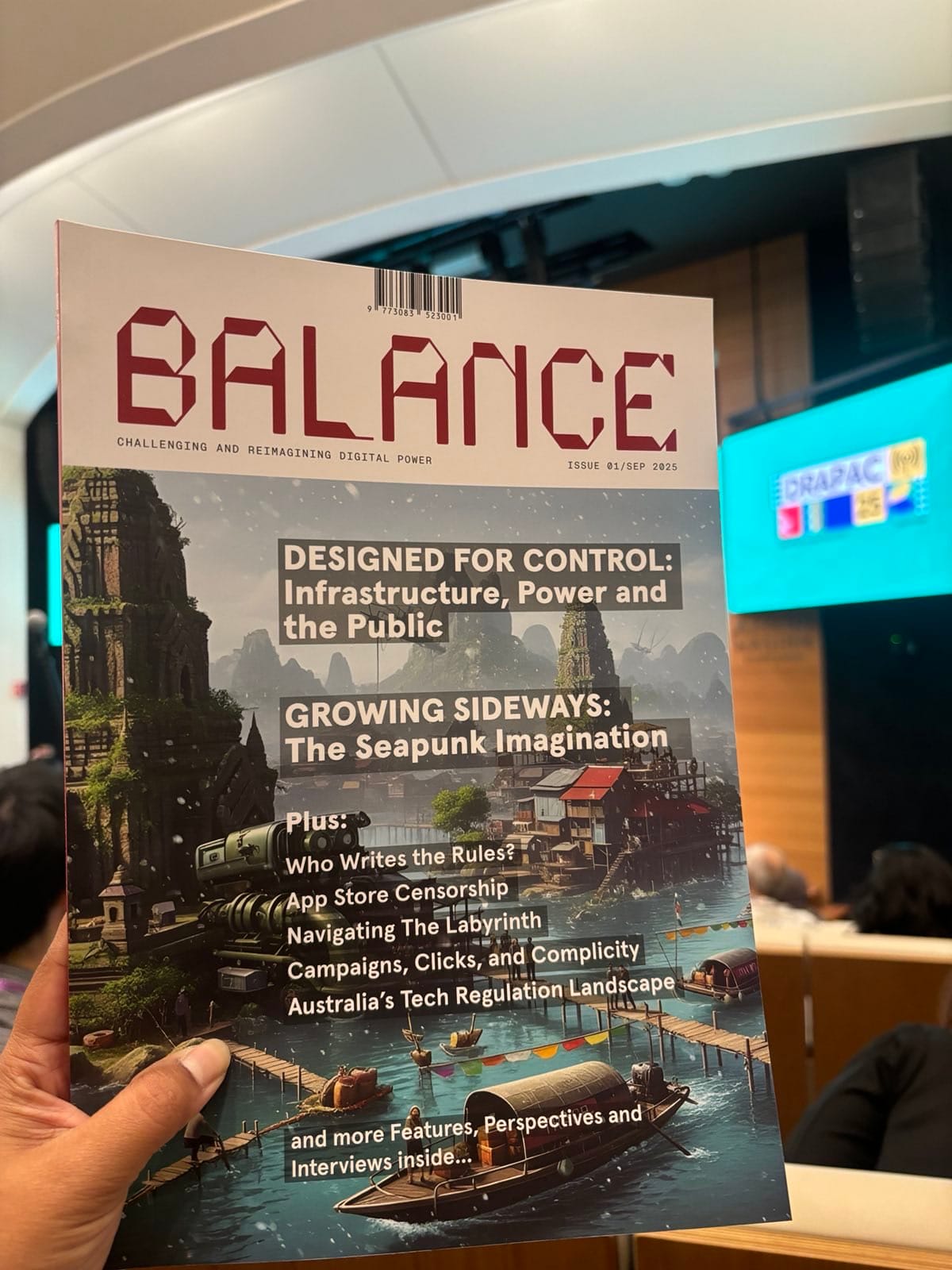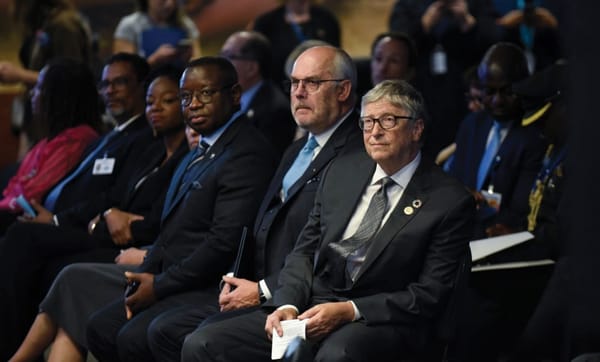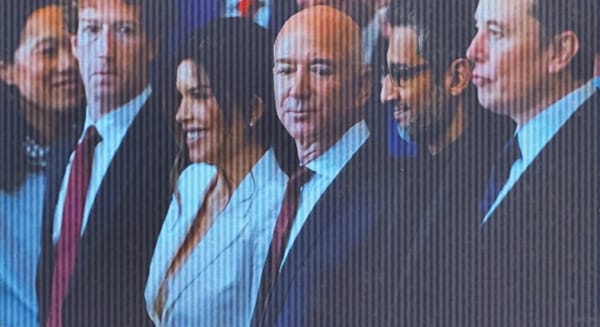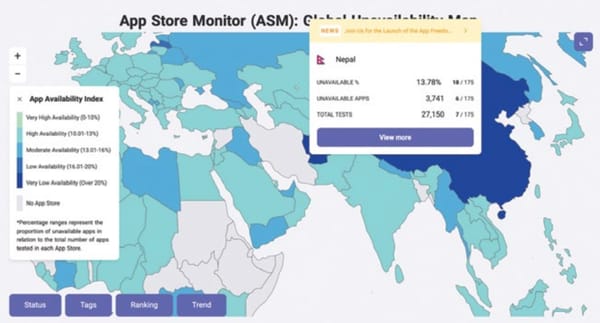
Balance Brief: 3rd December 2025 to 16th December 2025
This week, we look at how data centres place pressure on energy and water resources, how AI development relies on poorly recognised forms of labour, and how gaps in safety and governance remain even as capabilities advance. Women, minorities, journalists, and human rights defenders experience disproportionate harm through online violence,

